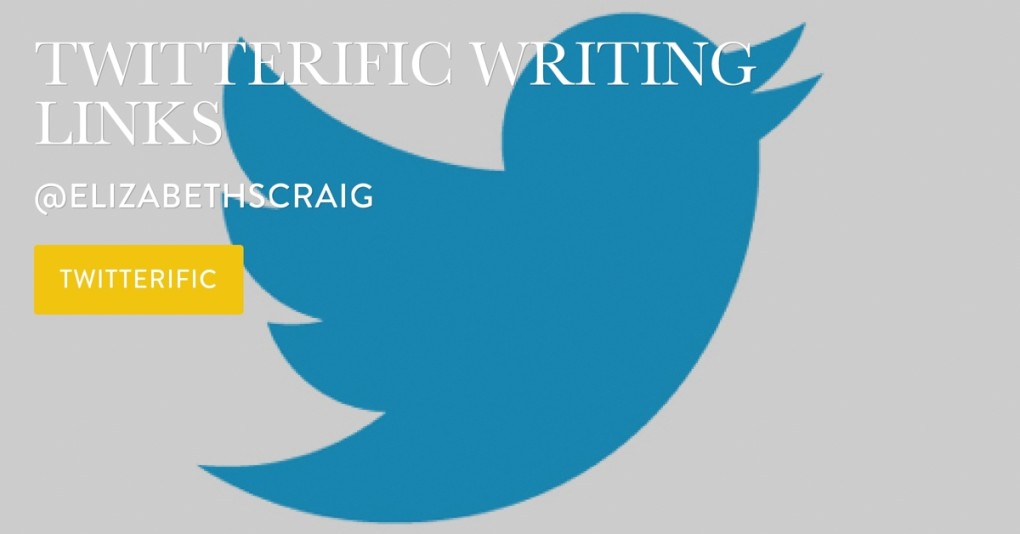by Elizabeth S. Craig, @elizabethscraig
Happy 2018!
I’m never much of a fan of resolutions, but I do like making sure at the beginning of each year that I’m organized.
With that in mind, here are the calendars that help me stay organized and on top of everything for the year. Since a writer’s life intersects with their homelife, there are also calendars listed that help organize my personal life. If both parts of my life are organized, there’s a hope of retaining writing life-personal life balance.
Production calendar for publishing
You don’t have to overthink this, and it can always be changed! Plan what you want to accomplish for the year: one book? More? Then pencil in those dates on your calendar for completion. Even better, get on your cover designer’s, freelance editor’s, and formatter’s calendars. Now you have something to work toward.
My cover designer always designs a book ahead for me. This ensures that I don’t run into any scheduling snags. (I do have to write back cover copy for a book that I haven’t written yet.)
Editorial calendar for blog (I use OneNote)
I used to put my blog’s editorial calendar on my Google calendar, but I found it more difficult to see upcoming posts and to make date changes. Now I use a page in OneNote (you could just as easily use Word).
Again, try not to overthink this. This is simply a place where I can list ideas for posts and resources to write them (or at least a note as to where my mind was going when I came up with the idea in the first place). I list all the dates that I blog and then put the ideas/blog titles beside them. This way I never feel as if I’m at a loss for what to post.Continue reading




